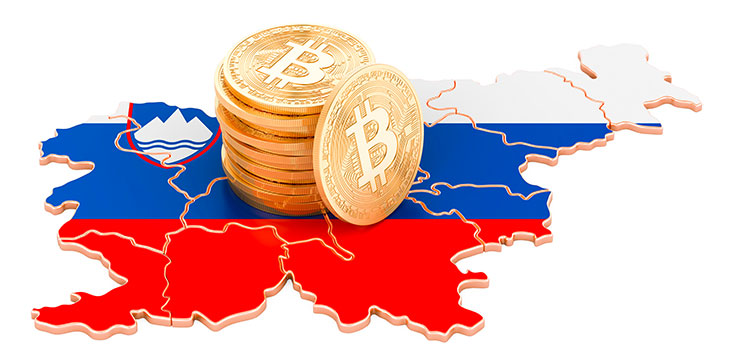|
Getting your Trinity Audio player ready...
|
The finance ministry in Slovenia has begun consultations with the public over the proposed new digital currency laws that would introduce a tax on digital exchanges and transactions.
The draft bill is being presented to stakeholders in a bid to gauge the sentiment of investors towards the new measures, which include a proposed new tax of 10% on digital currency transactions.
The bill, which could be assumed under the Income Tax Act, introduces the levy on all fiat-digital currency transactions and digital currency payments. The tax applies with a threshold of €15,000, approximately $17,387, per calendar year, under which individuals are exempted from the measures.
The finance ministry previously released a statement clarifying that the tax would apply to the gross amount of money received in virtual currency, not on the capital gains or the profit from any Bitcoin activity.
“We would like to emphasize that it is not profit which would be taxed but rather the amount a Slovenian tax resident receives on their bank account on turning the virtual currency into cash or when buying a thing.”
The bill is set to be limited to the use of digital currencies for buying and selling, as well as for the conversion of digital currency assets into fiat currency. The measures would require Slovenian citizens to calculate their own liability with reference to real-time digital currency prices at the point of acquisition or redemption.
Failure to comply with the new tax rules could result in fines ranging from €250 to €5000, depending on the nature of the breach.
The new proposals will be open for public comment, before being factored into any potential revisions to the legislation. If passed into law, the bill is expected to come into force by the start of January 2022.
Watch: CoinGeek New York panel, Bitcoin & Blockchain – Can Real Value Come from Real Utility?

 02-13-2026
02-13-2026 




